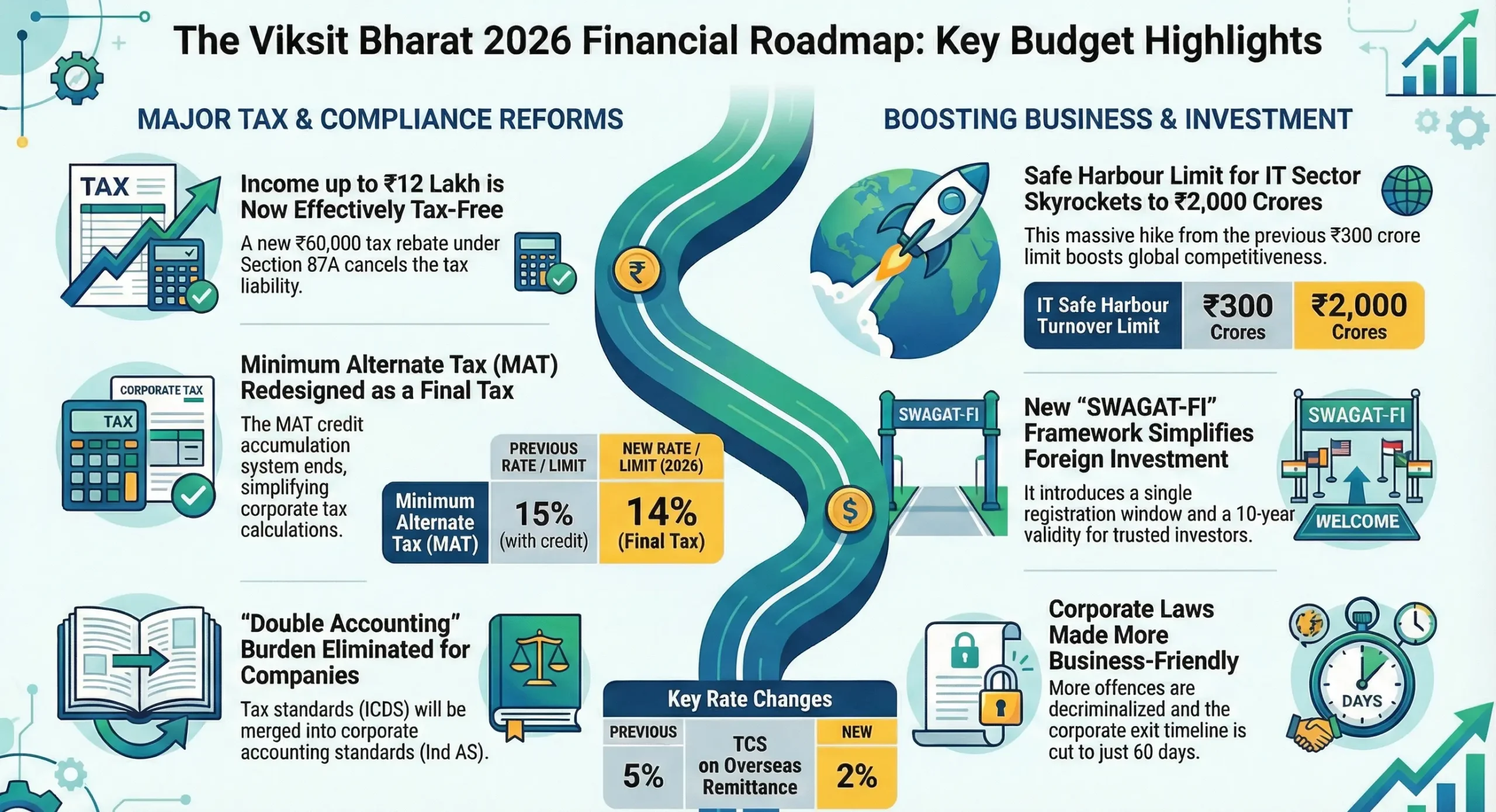INTRODUCTION
In India, when discussing corporate governance, the focus is typically on companies that have their shares listed on stock exchanges. However, companies that have raised money by issuing Non-Convertible Debentures (NCDs)—a type of debt instrument—are now also being closely watched by regulators.
In this article, we’ll explore the key governance and compliance rules that apply specifically to NCD-listed companies. We’ll also look at how SEBI is tightening oversight in this area and what companies can do to stay compliant.
Also Read: Corporate Governance Requirements for NCD Listed Companies – PART B
REGULATORY FRAMEWORK
- Chapter VA of SEBI LODR – Corporate Governance Norms for a Listed Entity that has Listed its Non-Convertible Debt securities.
- Regulation 62B to 62Q of SEBI LODR
SUMMARY ON REGULATION 62B TO 62C
|
Regulation |
Particulars |
|
62B (Definitions) |
Public-private partnership shall mean a public-private partnership between a public concessioning authority and a private special purpose vehicle concessionaire selected based on open competitive bidding or on the basis of an Memorandum of Understanding with the relevant authorities.
Independent director shall have the same meaning as assigned to it under clause (b) of sub – regulation (1) of regulation 16 of these regulations:
Provided that in case of a listed entity which is a body corporate, mandated to constitute its board of directors in the manner specified under the law under which it is established or is an entity set up under the public-private partnership model/structure, the non-executive directors, other than a nominee director of such entity on its board of directors, shall be treated as independent directors. |
|
62C (Appli 62C (Applicability) cability)
|
|
|
62D (Board of Directors) |
The composition of the board of directors of an HVDLE shall be as follows:
This rule does not apply to directors like MDs, WTDs, Independent Directors, or those appointed under Companies Act provisions, court orders, Insolvency Code, or as nominees of government or financial institutions under specified conditions;
However, if the vacancy is due to the end of a director’s term and it causes non-compliance with board composition norms, it must be filled before or by the date of vacancy—unless the entity still meets composition requirements without filling it;
It should also ensure that succession plans are in place for directors and senior management, and adopt a code of conduct aligned with the duties of independent directors under the Companies Act, 2013.
The Board must adopt a code of conduct (including duties of independent directors), review risk management, ensure succession planning, and receive compliance certificates from the CEO/CFO.
If total remuneration exceeds ₹5 crore or 2.5% of net profits, or 5% collectively, it needs shareholder approval by special resolution—valid only for the director’s current term.
|
|
62E (Maximum Number of Directorships) |
|
CONCLUSION
In today’s scenario, robust corporate governance has become absolutely necessary—not only for equity-listed entities but equally for debt-listed companies. NCD-listed companies, too, have a responsibility to maintain high standards of transparency, accountability, and investor protection. With SEBI’s growing emphasis on continuous disclosures, independent board oversight, and timely grievance redressal, such companies must align their governance frameworks with best practices and legal mandates. Strengthening governance in NCD-listed entities not only ensures regulatory compliance but also builds investor trust and enhances long-term sustainability.
More detailed insights on specific corporate governance requirements for NCD-listed companies will be shared in the next part of this article series.
Disclaimer: This article provides general information existing at the time of preparation and we take no responsibility to update it with the subsequent changes in the law. The article is intended as a news update and Affluence Advisory neither assumes nor accepts any responsibility for any loss arising to any person acting or refraining from acting as a result of any material contained in this article. It is recommended that professional advice be taken based on specific facts and circumstances. This article does not substitute the need to refer to the original pronouncement.
CLICK HERE DOWNLOAD PDF










